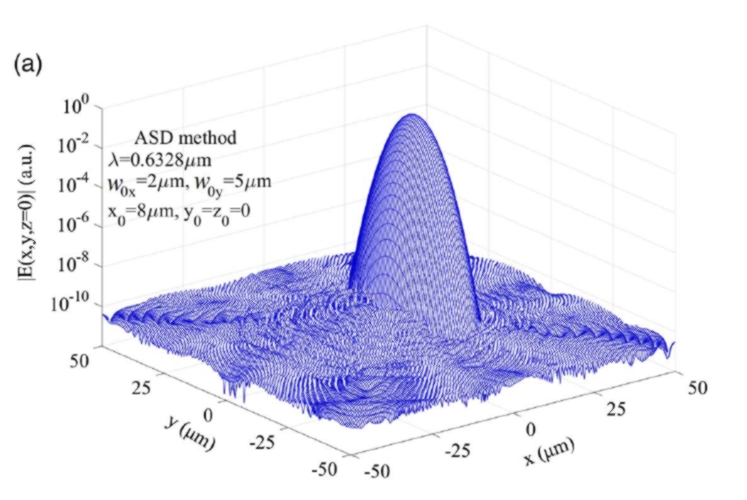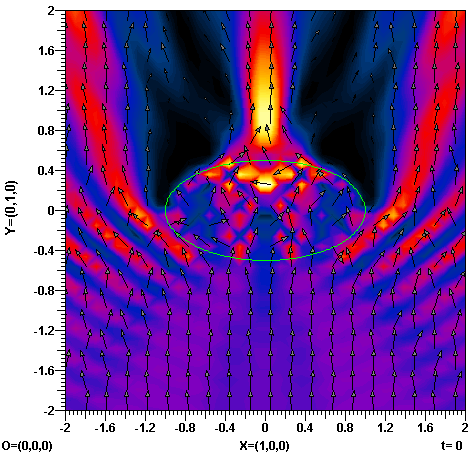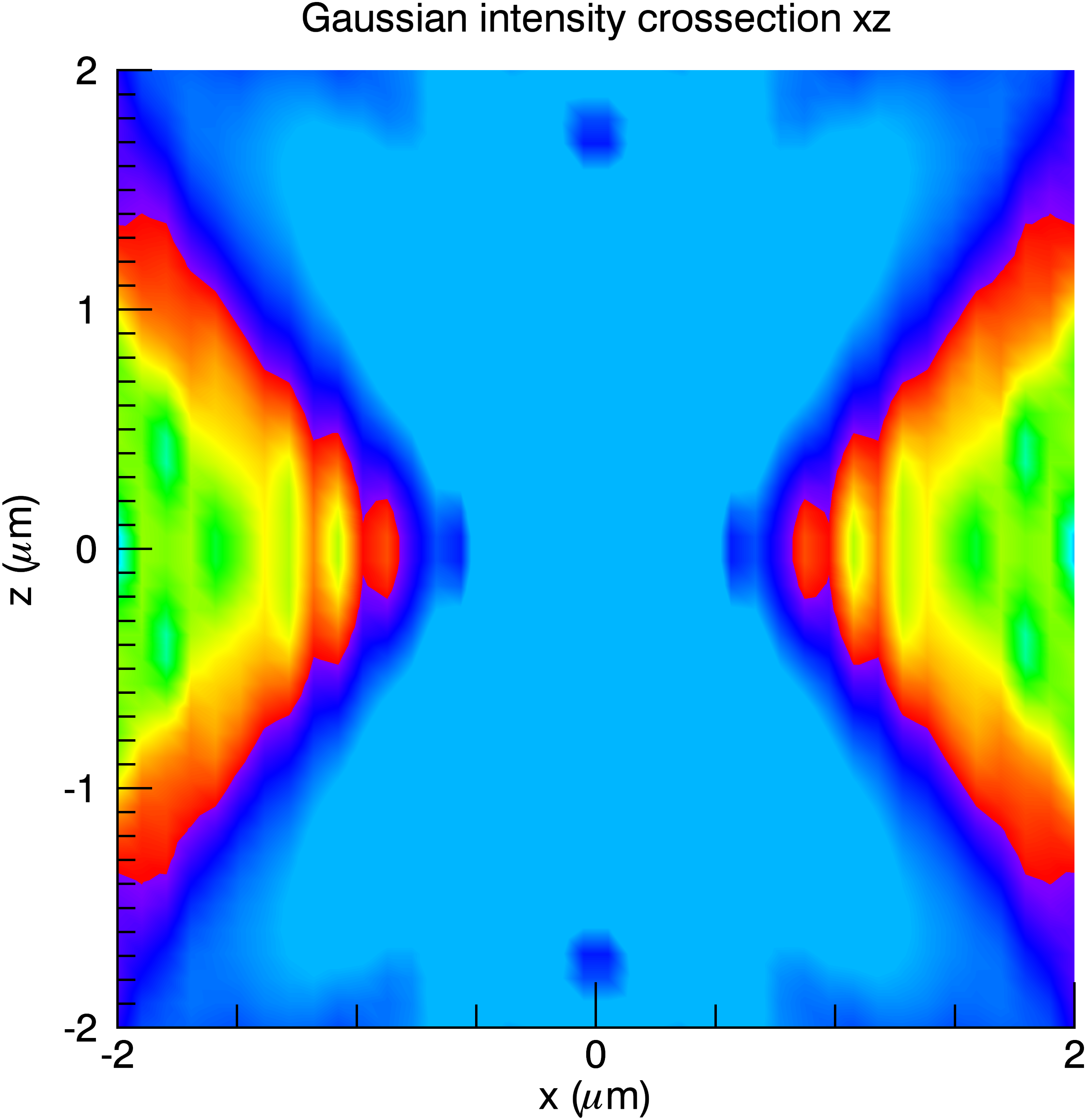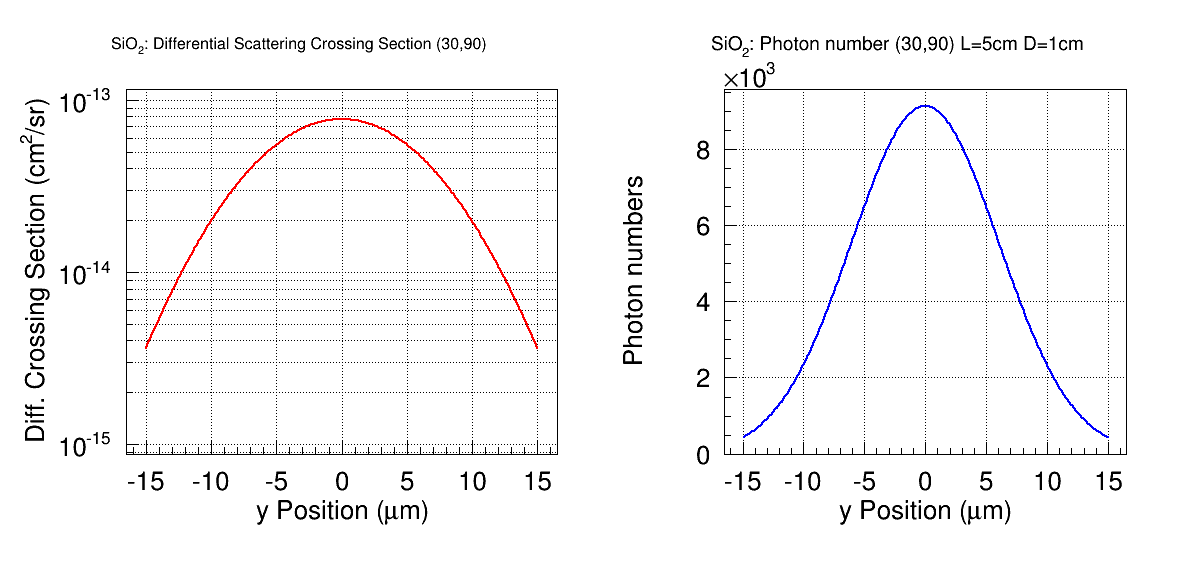|
|
 |
Dr.-Ing. Thomas Wriedt receives Michael I. Mishchenko Medal 2021

Generalization of the Optical Theorem to an Arbitrary Multipole Excitation of a Particle near a Transparent Substrate
Elliptical Gaussian Beam
cpp code for Light scattering of a spherical particle illuminated by an elliptical Gaussian beam by Jianqi Shen. The link includes the code and references.

OpenMaXwell
The latest version of 32-bit OpenMaXwell by Christian Haffner, a general electromagnetics analysis tool including MMP, FDTD and much more. A release is available for download.

International conference on Laser-light and Interactions withParticles (LIP2022)
(LIP2022) to be held in Warsaw, Poland, on August 21-26th, 2022.
Abstract submission ends..........................March 25th, 2022

Discrete sources method for modeling of the influence of the non-local effect on the absorption of bimetallic core-shell non-spherical plasmonic nanoparticles
Yuri Eremin, Adrian Doicu, Thomas Wriedt
Journal of Quantitative Spectroscopy & Radiative Transfer 277 (2021) 107994
- Link (free until January 11, 2022)
Generalized Lorenz Mie Repository
This repository holds code for calculating optical fields and forces on spherical particles in generalized Lorenz-Mie theory.

GCforce
A MATLAB function GCforce is presented for the calculation of gradient and scattering parts of optical force (OF).
glmt
This is a simple code that implements a generalized Lorenz-Mie theory (GLMT) solver for electromagnetic scattering from spherically-symmetric bodies.

|
|
 |
|